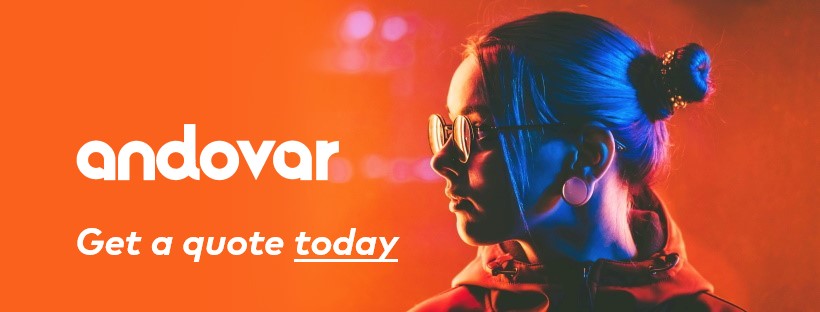The travel industry is set for a post-COVID bounce.
In a recent Travel Pulse survey of 5,800 travelers, almost 70 percent say they hope to travel in 2021. Out of that number, almost half plan two or more international getaways. More than 80 percent of travelers book online. An average of 148 million bookings is made annually, meaning that more than 118 million are being made online. More than 60 percent of consumers will watch videos produced by hotels, online tour operators, and airlines, and about 15 percent will use apps. Having an effective website and mobile presence will be critical to travel and hospitality companies gaining their fair share of bookings this year.
Another key to achieving bookings is to ensure your websites and apps are translated into the traveler's native language. Common Sense Advisory surveyed consumers in 10 countries. While customers will often visit English-language websites, they typically don't book from them unless English is their native language, the survey showed. Even non-Native fluent English speakers prefer websites in their own language.
Translation Methods
Both humans and machines can do translations. Machines can generally do translations more inexpensively; however, they aren't effective at all types of translations. The key to gaining your fair share of tourism revenue without overspending is to triage content based on which translation method is most effective.
Machine Translation
The quality of machine translations has made significant improvements over the past several years. Two types of machine translations are widely used. Statistical machine translation (SMT) uses statistical probabilities to translate content. Neural machine translation (NMT) builds artificial intelligence so that it uses neural networks to decode translations in ways similar to how humans do. While NMT results in better translations for most content, SMT still outperforms NMT with some types of texts. Translation engines can seamlessly route content to the most efficient translation type.
The machines are trained using words from the travel industry and are more efficient than humans for many types of content. Machines generally are most efficient when translating:
- Hotel and destination descriptions
- Social media
- Surveys
- Blogs
- User Reviews
- Terms and Conditions
- After-sales support content
- Frequently Asked Questions
Humans
Human editing of machine translations is important to improve accuracy. For some types of content, professionally trained translators are required to capture all the nuances. Professional translation specialists are generally more efficient for translating:
- Advertising and marketing content
- The site's user interface
- Booking engines
- Apps
Entry-level humans can translate training-related content.
Managing the Process
Translating all your online content, interface, and apps can be a daunting task. One thing that helps the process is to prioritize what should be translated first. This prioritization is known as triage. Generally speaking, content that the customer sees or an interface and app that customers use are priorities. Internal content can wait until you have the time and budget.
Translation Management System
While a human being could determine which content works best with each type of translation, forward it to the translator, and track it, this would require a lot of time. A key to managing the translation process, then, is the use of technology. A good translation management system (TMS) automates and tracks the process.
A TMS uses artificial intelligence to determine which content can most be efficiently translated by machine and which requires a human touch. It also can determine which type of MT is most suited to the content and seamlessly forward the content appropriately. It can also forward content to the professional human translator best suited to localize it.
A TMS also manages the process and can plug into third-party systems such as marketing automation or content management software. The TMS also contains several tools to enable and improve MT.
The efficiency of a good TMT can save you money and boost productivity. It also can ensure high-quality translations.
To Recap
- Seventy percent of people surveyed are planning to travel this year.
- In an average year, more than 118 million bookings are made online.
- Customers typically will only book on Websites in their native language.
- To ensure you'll have your share of travelers this year, translate your Website, user interface, and apps.
- Prioritize your translation needs, so that customer-facing content is translated first.
- Machines more efficiently translate some types of content. Other types, however, require human translators.
- A TMS can help manage the process and seamlessly forward content to the best human or machine translator.
Andovar maintains an even balance of pro translators, early-career translators, machine translation post-editors to provide solutions for every content type and client budget. Partnerships with major AI technology companies mean we have access to technology specifically suited to the travel sector. Schedule a time to talk to one of our experts today.













